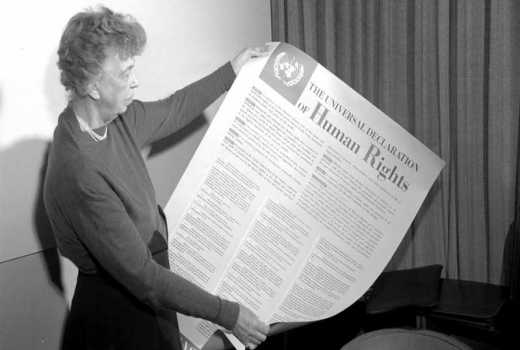
Seventy years ago, world leaders gathered in Paris to declare never again to the violent atrocities seen in Nazi Germany. Facing their own gulags, subjects of the British Empire met to make a similar declaration in Nairobi. Under the leadership of the Kenya African Union, they called for an end to the white settler colonialism. They also demanded their right to vote, politically participate and to be free from discrimination and persecution. As the world celebrates the 70th anniversary of the signing of the United Nations Universal Declaration of Human Rights, it is clear both conversations transformed the world and Kenya.
Attending 83-year-old Roseline Kahumbu’s funeral this week, I was struck by the relationship between global events and the lives and choices individuals make. Born into a rural English family in the 1930s, she married the London based Kenyan student John Kahumbu three years before Kenya’s Independence. The interracial couple and their children faced racism both in Britain and upon their return, in Kenya. “Roz” consistently made independent and radical choices that startled most of her peers for the next fifty years of her life.